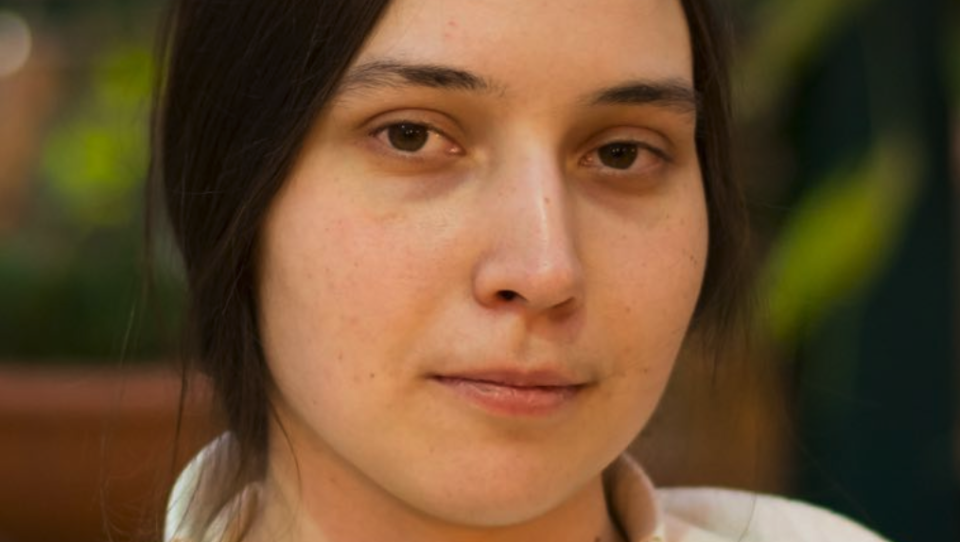A federal judge ordered the release of Russian-born scientist Kseniia Petrova from U.S. Immigration and Customs Enforcement detention on Wednesday, who was detained at Boston’s Logan Airport three months ago for failing to declare frog embryos.
District of Vermont Chief Judge Christina Reiss told the court that she finds Petrova was not a flight risk or a “danger to the community.”
Petrova, 31, was detained in February when she was reentering the country after a vacation in France. The frog embryos had been requested by the leader of her research group at Harvard Medical School’s Kirschner Lab.
The judge said that, based off of the expert testimony she heard, “evidence supports a conclusion that the samples she brought into the United States are wholly non-hazardous, non-toxic, nonliving, and posed a threat to no one.”
If anything, she said, Petrova’s work furthers the United States’ “interest in finding a cure and treatment for cancer.”
“Her work is described as of excellent, exceptional and of national importance by people qualified to render those opinions,” the judge said.
Reiss also asserted Petrova was “criminally prosecuted” to “divest this court” of its jurisdiction and “gain an advantage in a civil proceeding by prosecuting her criminally.”
In court, attorneys said Petrova could be brought to Massachusetts as soon as Friday to prepare for a Massachusetts-based bail hearing next week on the smuggling charge. Petrova is currently being held in an ICE detention center in Louisiana.
Her pending criminal case is related to the accusations from U.S. attorney’s office of Massachusetts that she smuggled in the frog parts. She was detained by Border Patrol in February, placed into the custody of U.S. Marshals Service and was arrested on the criminal charge while in detention earlier in May.
“The individual was lawfully detained after lying to federal officers about carrying substances into the country,” a senior department of Homeland Security official told GBH News in statement.
The official also said a search of Petrova’s phone “revealed she planned to smuggle the materials through customs without declaring them. She knowingly broke the law and took deliberate steps to evade it.”
Petrova’s attorney, Gregory Romanovsky, calls the charges an overreach.
“The government is using immigration and specifically immigration detention to punish non-citizens for unrelated conduct that should not result in any immigration consequences,” he said in an interview.
Reiss said she is hesitant to bar the government from re-detaining Petrova on an ICE detainer, saying the court “relies on the representation from the government’s attorney that there is no intention at this time to re-arrest Ms. Petrova if she is released by this court — notwithstanding the ICE detainer.”
In early May, Petrova said that during the inspection at the airport, she told a customs officer she was in the United States on a J-1 visa for researchers, and received an admission stamp on her passport. Petrova said she was never asked if she was carrying biological material into the country. Her visa was cancelled shortly after she was detained.
Leonid Peshkin, head of the Harvard Medical School’s Kirschner Lab, has said that work has been interrupted by Petrova’s absence and has told media about their continued work to change cancer diagnostics.
Petrova’s lawyer told the court that she fears being deported to Russia over retribution for her protests against the war with Ukraine.





